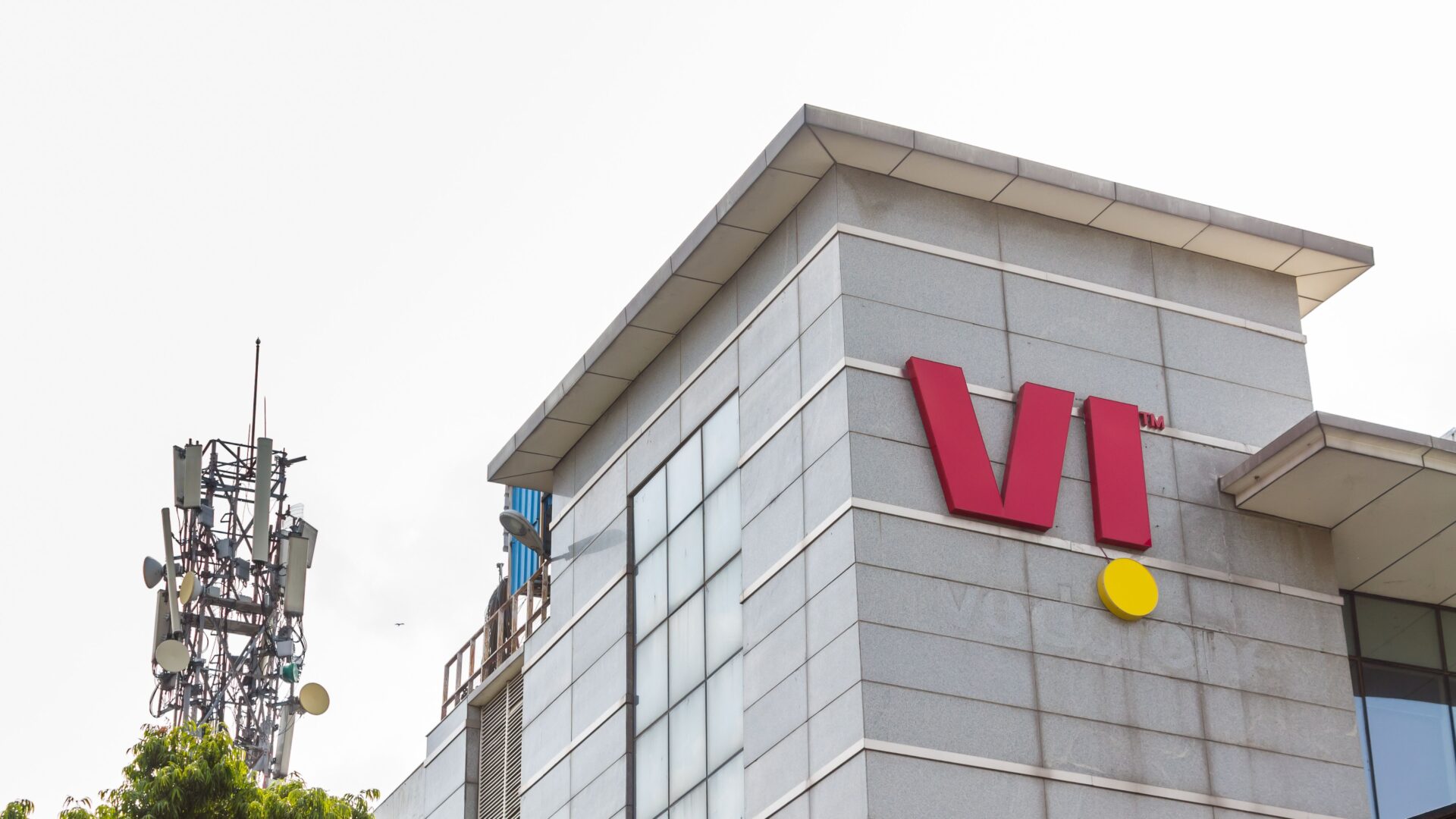Vodafone Idea (Vi) shares soared more than 6% in early trade today, grabbing attention across Dalal Street and beyond. The rally was sparked by a report that the Indian government is actively weighing options to extend financial support to the beleaguered telecom giant—specifically in relation to its crushing Adjusted Gross Revenue (AGR) dues, which hover around a staggering ₹84,000 crore. If confirmed, this move could mark a decisive turning point for Vi, a company that’s been straining under the weight of massive debt and fierce competition within the telecom space.
Key Takeaways:
- Vodafone Idea stock surged over 6% on hopes of fresh government relief.
- The support reportedly targets the telecom firm’s ₹84,000 crore in AGR dues.
- Relief could enhance Vi’s financial stability and competitiveness.
- The Indian government has intervened in the sector before.
- Ensuring market competition appears to be a key policy driver.
Now, while these internal discussions haven’t yet resulted in a public policy shift, they do seem to underscore a growing urgency. The government, it appears, is acknowledging Vodafone Idea’s fragile financial standing—and, perhaps more crucially, the systemic risks if one of the country’s last three major telecom players collapses. With only Reliance Jio, Bharti Airtel, and Vodafone Idea remaining, a two-player market would not only hurt competition but could also ripple through pricing, innovation, and consumer choice.
AGR Dues: A Lingering Legacy from the Past
The saga of AGR dues is no overnight drama—it dates back to the early 2000s. At its core, AGR refers to the portion of a telecom company’s revenue that’s shared with the Department of Telecommunications (DoT). But the real dispute was over what should be counted as revenue.
Telecom firms argued AGR should only include income from core services—calls, data, messaging. The DoT, however, took a broader view, saying it should include everything: interest income, rent, asset sales—you name it. That difference in interpretation dragged on for years until, in 2019, the Supreme Court settled it.
And the court sided with the government.
That ruling was a financial hammer blow for Vodafone Idea. After merging in 2018, the newly combined entity found itself saddled with liabilities that neither legacy company had fully anticipated. The AGR dues—now court-validated and non-negotiable—ballooned far beyond what Vi had provisioned for, leaving the company exposed and scrambling for lifelines.
Since then, Vi has repeatedly petitioned for relief, arguing that without significant intervention, survival itself was in jeopardy. And the government did act, to an extent—in 2021, a major telecom relief package offered a four-year moratorium on AGR and spectrum payments. But clearly, that wasn’t enough to close the financial gap.
Government’s Crossroads: Preserve Market or Maximize Revenue?
This latest round of deliberations points to a classic policy dilemma. On one side, there’s a legitimate need to recover public revenue. On the other, there’s the risk of a weakened telecom ecosystem, which—let’s be honest—doesn’t just affect corporations. It impacts consumers, digital infrastructure, and even employment.
If Vi were to fold, the implications wouldn’t stop at layoffs. With fewer players in the market, prices could rise, innovation might slow, and the government’s broader vision for a digitally connected India could suffer. These are not small concerns.
Relief could take many forms—another extension on payments, for instance, or perhaps converting a portion of the dues into equity. In fact, the latter isn’t theoretical. In early 2023, the government converted accrued interest from AGR liabilities into equity, ending up as Vi’s largest shareholder with about a 33% stake. So, if the Centre chooses to double down on that approach, it wouldn’t be without precedent.
Ministries in Sync—Signals of Broader Consensus
Reports suggest the Department of Telecommunications is evaluating multiple options in collaboration with the Finance Ministry. That kind of inter-ministerial coordination implies the issue has moved beyond one department’s desk—it’s now a matter of national interest.
And to be fair, it’s not just about saving a company. It’s about preserving what little diversity remains in the telecom space, especially when that space underpins everything from rural connectivity to 5G rollout to fintech access.
What It Could Mean for Vodafone Idea—and Everyone Else
Should the relief materialize, the immediate winner would obviously be Vi. Reduced liabilities could allow the company to refocus on capital expenditures—like 5G—and perhaps even draw new investors. Up until now, the overwhelming debt burden has been a red flag for many potential backers. That could change.
For the industry at large, having a healthier third player in the mix is invaluable. It keeps pricing competitive, spurs service improvements, and—maybe just as importantly—signals to the market that the Indian telecom space still rewards long-term playbooks over short-term exits.
Interestingly, this optimism isn’t just theoretical. It’s already visible. The 6% jump in Vi’s share price today clearly shows investor sentiment is tracking this story closely. And if the government follows through, that optimism could easily ripple outward to other telecom-related stocks as well.
Of course, it’s not a done deal yet. The coming weeks will be pivotal. But one thing is clear: the stakes are high—not just for Vodafone Idea, but for the shape and pace of India’s digital future.
Frequently Asked Questions (FAQs)
Q1: What are AGR dues and why are they a problem for Vodafone Idea?
A1: AGR, or Adjusted Gross Revenue, is the basis for calculating the revenue share that telecom companies owe to the DoT. After a 2019 Supreme Court ruling broadened its definition to include non-core revenue, Vodafone Idea found itself on the hook for around ₹84,000 crore—far beyond what it had anticipated. This financial weight has significantly constrained its operations.
Q2: How has the Indian government supported the telecom sector previously?
A2: The government has stepped in with relief measures before. In September 2021, it announced a four-year moratorium on AGR and spectrum dues. Then in February 2023, it converted Vi’s accrued interest on AGR dues into equity, making the government the largest shareholder in the company.
Q3: What could be the potential forms of relief for Vodafone Idea?
A3: Options may include further extensions of payment deadlines or additional debt-to-equity conversions. The goal is to ease the financial pressure and improve Vi’s chances of long-term survival and competitiveness.
Q4: Why is it important for the government to support Vodafone Idea?
A4: Supporting Vi helps maintain competitive balance in a market with only three major private players. Without such support, the risk of a duopoly grows, which could lead to higher consumer prices, reduced innovation, and systemic risks in the digital economy.
Q5: How will this potential relief impact Vodafone Idea’s operations?
A5: If granted, the relief would allow Vi to redirect resources into critical areas like 5G infrastructure and service quality. It could also boost investor confidence, improving the company’s ability to raise new capital and compete more effectively in the market.



















